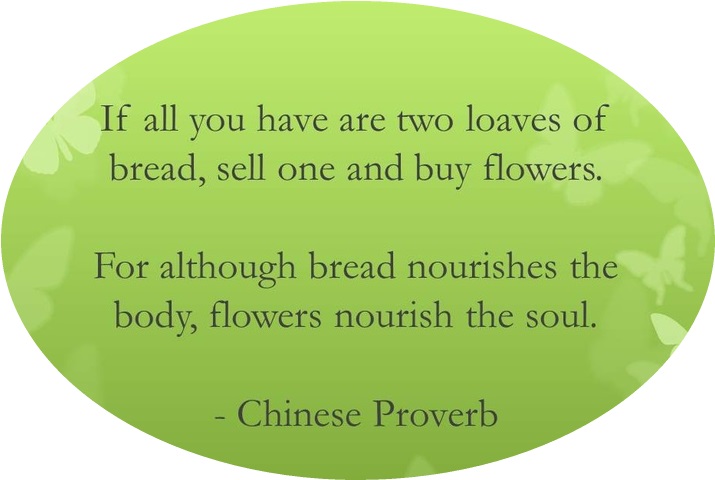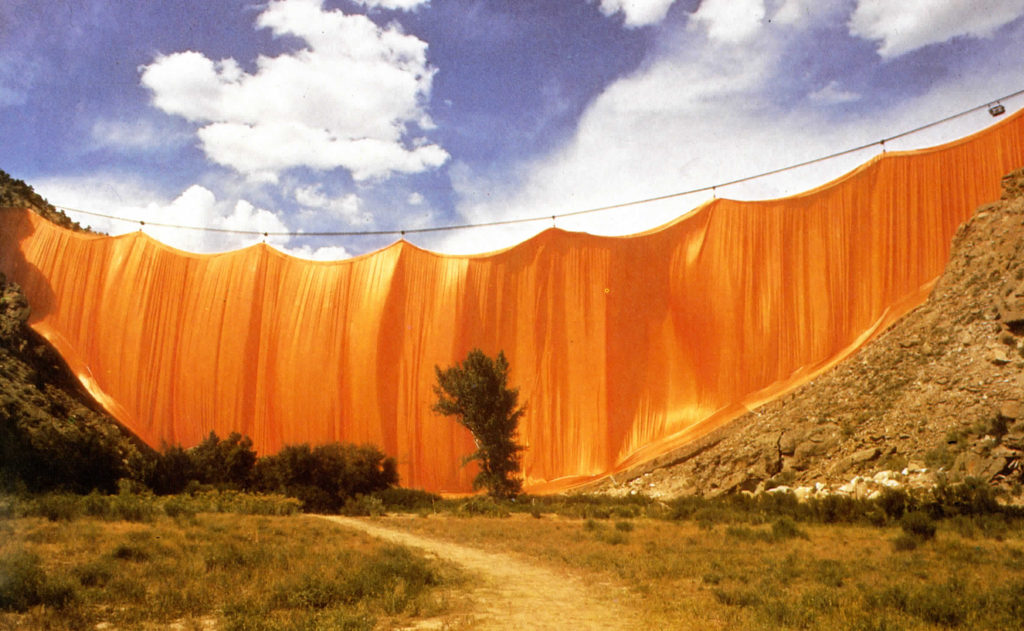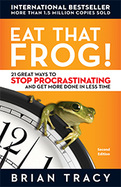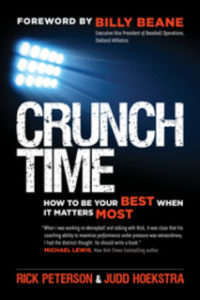 And Four to Go by Rex Stout
And Four to Go by Rex Stout
Review by CJ Verburg
Four short novellas or long stories, each fun in a different way. Rex Stout was at his (long-lived) peak in the late 1950s, so these are vintage Nero Wolfe capers. Oddly, the first three are holiday-centered, whereas the fourth opens on a random Tuesday in the fashion business. In “Christmas Party,” Archie Goodwin strikes fear into his boss’s heart by announcing he’s getting married. “Easter Parade” features (you guessed it) orchids. “Fourth of July Picnic”–in which Wolfe leaves home to make a speech–and “Murder Is No Joke” both involve women named Flora. My favorite moment comes in “Fourth of July Picnic,” when Wolfe and Goodwin give us brief impromptu autobiographies. A treasure for Stout fans; a good intro for newcomers.
View CJ Verburg’s other Goodreads reviews



















